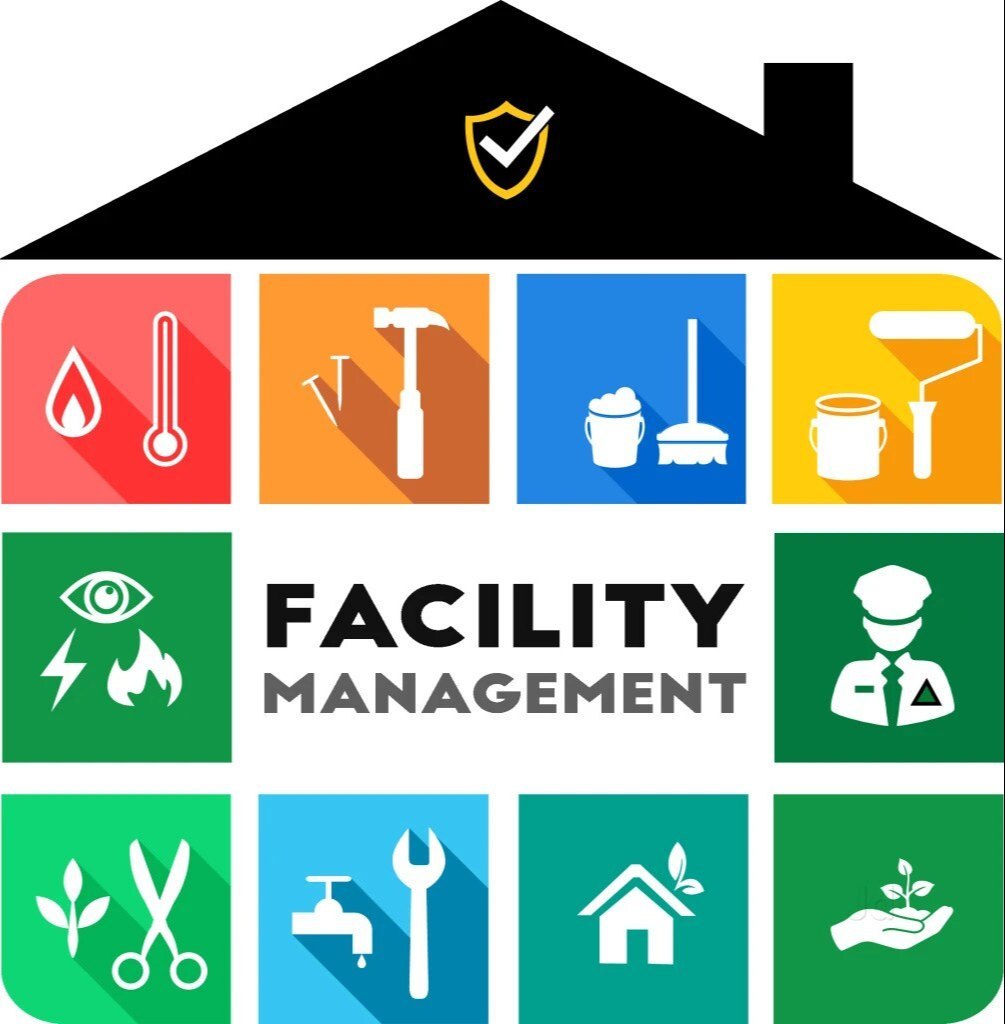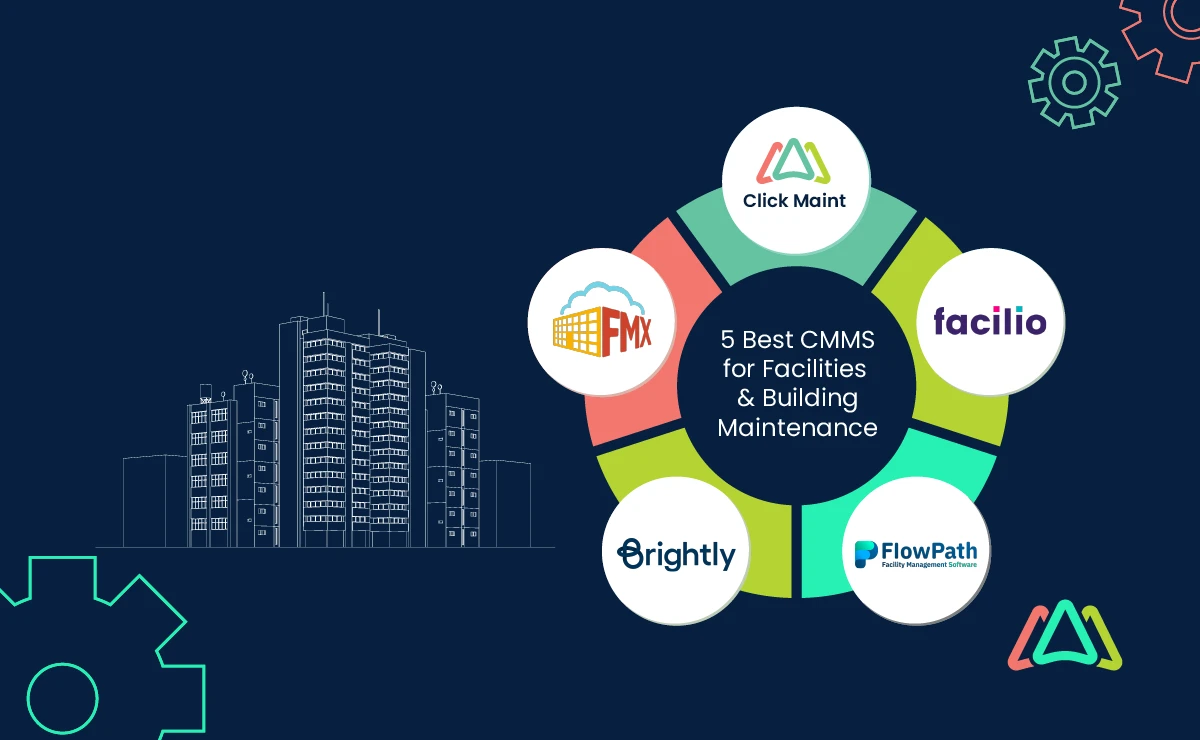Best Practices in Facility Management for Modern Businesses
Best Practices in Facility Management for Modern Businesses
Blog Article
Key Trends Shaping the Future of Center Monitoring in 2024
As we look ahead to 2024, the landscape of facility monitoring is positioned for considerable change, driven by several vital patterns. The integration of clever structure innovations and a change in the direction of data-driven decision-making guarantee to boost functional efficiency while focusing on sustainability in method.
Smart Building Technologies

Smart structure modern technologies incorporate a wide range of systems, including intelligent illumination, a/c controls, and protection systems. By incorporating these systems, center supervisors can check and readjust criteria in real-time, bring about considerable reductions in power waste and functional costs. As an example, clever sensing units can find tenancy degrees and adjust lights and temperature level as necessary, ensuring that power is just utilized when necessary.
Moreover, these modern technologies promote improved data collection, allowing companies to track usage patterns and identify possibilities for more enhancements. The implementation of clever structure technologies not just adds to sustainability goals yet likewise creates much healthier job environments that can boost worker productivity and satisfaction.
As we relocate into 2024, the fostering of wise structure innovations will likely accelerate, mirroring a wider change towards even more intelligent, receptive, and sustainable center management techniques.
Data-Driven Decision Making
Significantly, organizations are leveraging data-driven choice making to improve center administration techniques. By utilizing information analytics, center managers can acquire actionable understandings that significantly enhance functional effectiveness and source allotment. The combination of advanced innovations, such as IoT sensing units and real-time monitoring systems, makes it possible for the collection of vast quantities of information on building performance, tenancy prices, and energy usage.
This wide range of information enables center managers to identify patterns, forecast upkeep needs, and proactively address problems prior to they rise. As an example, predictive analytics can anticipate tools failings, decreasing downtime and repair service prices. Additionally, data visualization tools assist in far better interaction amongst stakeholders, ensuring that informed decisions are made collaboratively.
Furthermore, data-driven techniques improve calculated preparation by making it possible for center supervisors to assess the effectiveness of current practices and make informed choices concerning investments in technology or infrastructure. As organizations increasingly prioritize operational quality, data-driven choice production is positioned to end up being a foundation of successful facility management strategies in 2024 and beyond. Inevitably, the capacity to take advantage of data efficiently will empower organizations to develop extra reliable, efficient, and resilient facilities.
Sustainability and Environment-friendly Practices
The focus on data-driven decision making naturally straightens with the expanding focus on sustainability and green practices within center administration. As organizations increasingly focus on environmental responsibility, center managers are leveraging analytics to optimize source usage, reduce waste, and decrease carbon footprints. This calculated approach makes it possible for the combination of energy-efficient systems, such as LED lighting, clever cooling and heating controls, and eco-friendly energy resources into center procedures.
Moreover, the execution of sustainable techniques prolongs past energy consumption. Center managers are embracing environment-friendly materials and advertising recycling efforts to create a circular economy within their facilities. This not just improves the ecological profile of the organization yet likewise cultivates a culture of sustainability amongst employees.
Conformity with ecological policies is an additional vital facet driving the adoption of environment-friendly practices. By using information analytics, facility supervisors can monitor compliance metrics and determine locations for improvement, making sure adherence to try this out worldwide and neighborhood sustainability standards.
Hybrid Job Versions
A significant shift in the direction of crossbreed work designs is improving the landscape of center management in 2024. This paradigm integrates in-office and remote job, necessitating a reevaluation of space usage, source allocation, and employee interaction methods. Organizations are significantly identifying the importance of versatile offices that satisfy varied needs and choices.
Facility supervisors should adapt by implementing flexible office styles that support collective initiatives while supplying locations for focused job. This includes the combination of modern technology to help with smooth communication and partnership amongst remote and in-office workers. Smart structure solutions, furnished with analytics and sensors, permit real-time monitoring of area use, making it possible for organizations to enhance their settings efficiently.
Moreover, crossbreed job versions stress the demand for reliable center administration that focuses on worker experience. In essence, the hybrid work version is changing center administration, motivating a positive method to satisfy the advancing demands of the labor force.
Enhanced Passenger Health
As companies embrace hybrid job designs, a heightened concentrate on owner health is ending up being essential to facility monitoring methods. Facility Management. This shift identifies that a completely satisfied and healthy and balanced workforce straight affects productivity and retention prices. Facility managers are currently prioritizing settings that promote physical and psychological well-being, incorporating aspects such as natural illumination, biophilic design, and accessible wellness sources

Innovation plays a vital duty in this advancement. Smart structure systems can check ecological aspects and change setups in real-time, making sure ideal comfort levels - Facility Management. Responses devices, such as tenancy sensing units and worker surveys, permit center managers to continually refine wellness campaigns based on passenger demands.

Conclusion
In 2024, the future of center management will be dramatically influenced by the assimilation of smart building modern technologies and data-driven decision-making, fostering enhanced functional performance. Sustainability efforts will focus on eco-friendly methods, while the appearance of hybrid work designs will certainly demand flexible office styles. Furthermore, a heightened concentrate on passenger health via advanced a/c systems and biophilic layout will certainly add to healthier work environments. These patterns collectively highlight the progressing landscape of center administration in action to modern obstacles and possibilities.
Center managers are adopting eco-friendly products and advertising reusing efforts to create a round economic climate within their facilities.A significant change in the direction of hybrid job designs is reshaping the landscape of facility management in 2024.Additionally, hybrid job versions stress the requirement for effective center administration that prioritizes staff member experience.As organizations accept hybrid job models, an enhanced focus on occupant health is ending up being integral to center management approaches.In 2024, the future of facility monitoring will be significantly influenced by the integration of wise building innovations and data-driven decision-making, fostering enhanced functional effectiveness.
Report this page